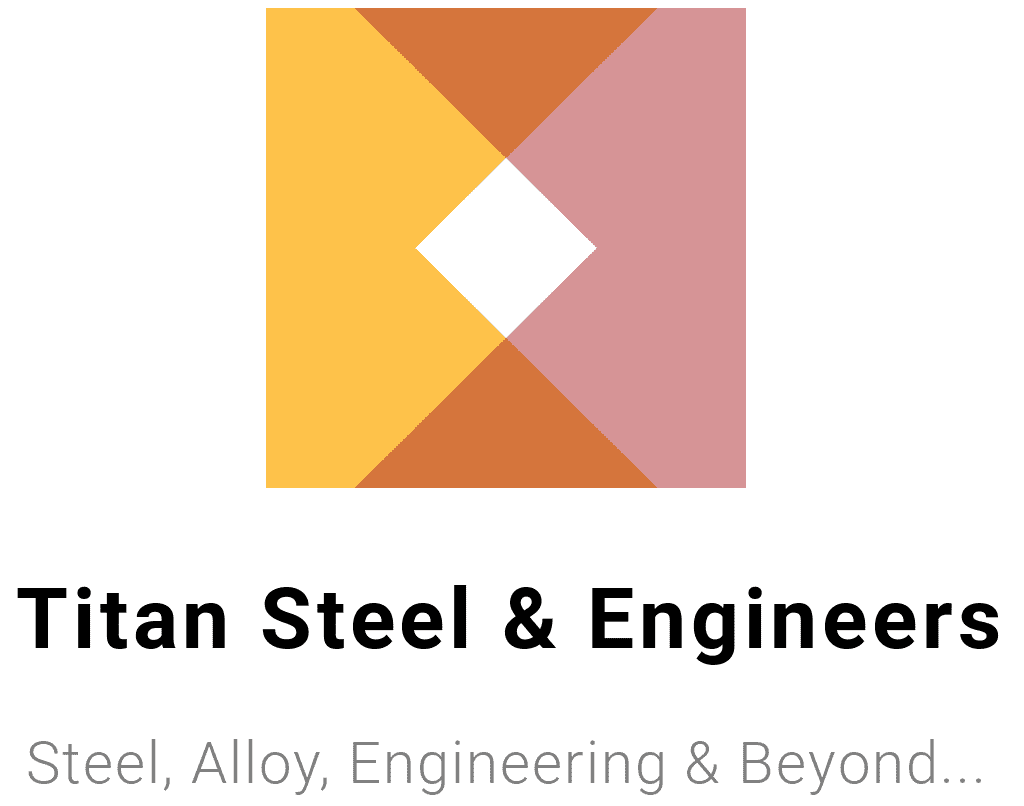Introduction
- Start by introducing bright steel as a widely used material in industries like automotive, construction, and precision manufacturing due to its exceptional strength, surface finish, and durability.
- Explain the importance of understanding price fluctuations for manufacturers, procurement professionals, and businesses reliant on this critical material for operations and strategy.
- Briefly outline what readers will gain from this blog post:
- Key trends driving prices.
- Market dynamics impacting bright steel costs.
- Actionable tips for sourcing bright steel smarter and more strategically.
Body Sections
1. Understanding the Bright Steel Market
- Define current market conditions for bright steel and its importance across industries.
- Include statistics or data showcasing recent market growth and demand in sectors like automotive or renewable energy.
- Provide a brief overview of what makes bright steel unique compared to other steel types (e.g., precision machining and surface finish).
2. Key Factors Influencing Bright Steel Prices
Supply and Demand Dynamics
- Analyze how shifts in industrial demand and supply constraints impact prices.
- Mention examples such as natural disasters or labor strikes creating supply chain disruptions.
Raw Material Costs
- Discuss how volatility in the prices of iron ore, scrap steel, or alloying materials directly correlates with bright steel prices.
Logistics and Transportation
- Assess the influence of shipping delays, fuel prices, and transportation bottlenecks on the global supply chain and pricing.
3. Regional Market Trends
North America
- Highlight how policies, tariffs, or large-scale infrastructure projects are impacting pricing trends.
Europe
- Explore how environmental regulations and localization of production are influencing market dynamics and costs.
Asia-Pacific
- Discuss the role of major producers like China and India in dictating global supply and pricing trends.
4. Long-Term Pricing Outlook
- Predict how emerging industries such as electric vehicles or green energy could shape future demand for bright steel.
- Discuss potential alternative materials gaining footholds in the market and how they may create pricing shifts.
- Consider the impact of global economic factors like inflation or a looming recession on future prices.
5. Strategies for Sourcing Bright Steel Effectively
Building Supplier Relationships
- Weigh the pros and cons of direct mill purchases versus distributors.
- Recommend fostering long-term partnerships to secure favorable pricing.
Timing Purchases
- Highlight the importance of monitoring market trends to time purchases strategically.
- Offer simple tips, such as subscribing to market reports or utilizing predictive analytics tools.
Hedging Price Volatility
- Discuss options businesses can explore to lock in costs and manage risks, such as fixed-price contracts or futures.
6. Technological Advancements in Bright Steel Manufacturing
- Examine how innovations such as advanced coatings, hybrid materials, or precision automation are improving efficiency and driving down costs.
- Show how new manufacturing methods are enhancing performance and sustainability.
7. Sustainability in Bright Steel Production
- Address the growing importance of sustainable practices such as reducing carbon emissions and using recycled materials.
- Mention industry leaders adopting environmentally friendly methods and the potential cost benefits for buyers.
8. Real-World Case Studies
- Share examples of companies that have successfully navigated volatile markets by implementing strategic sourcing and pricing strategies.
- Include case studies showcasing organizations that reduced costs or improved efficiency through innovative solutions, such as localized sourcing or adopting automated technologies.
Conclusion
- Summarize the key factors influencing bright steel pricing and discuss the importance of staying informed to make smart procurement decisions.
- Reinforce why businesses should invest in sustainable sourcing and remain adaptable to evolving market trends and technologies.
- Encourage readers to explore additional resources, such as industry reports, webinars, or expert consultations, for more in-depth knowledge to aid in building competitive sourcing strategies.

